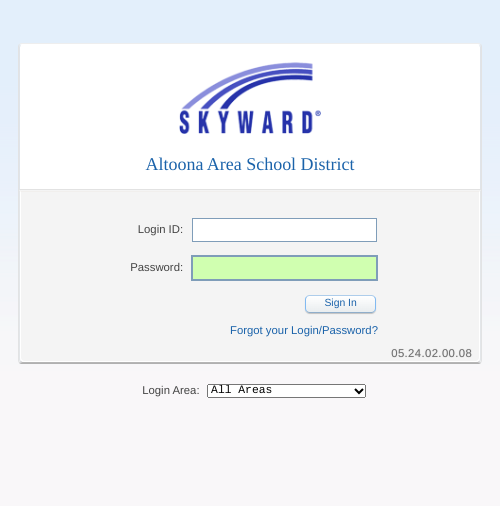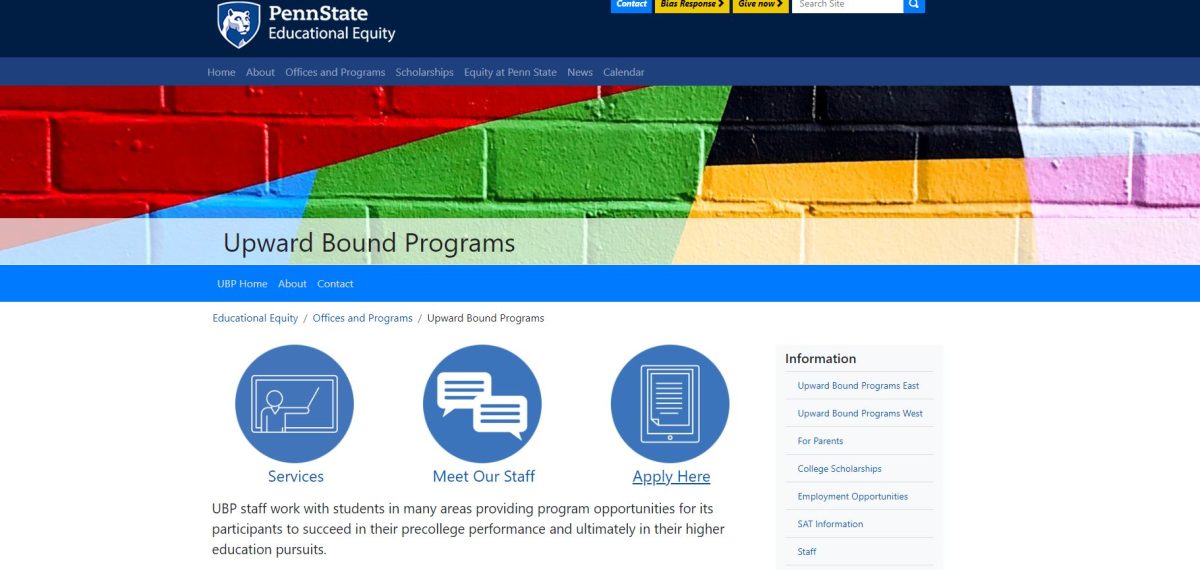With its flexibility and convenience, internet learning has become a competitive alternative in the ever-changing educational scene. But as we learn more about its dynamics, worries about how it affects students’ attitudes and academic participation grow. The tendency of cyber schooling to instill in children a pass/fail mentality, which frequently leads them to settle for the bare minimum, is one urgent issue that needs attention.
Students are exposed to a structured atmosphere that promotes cooperation, critical thinking and active engagement in typical classroom settings. Through conversations, debates and group projects that spark intellectual curiosity and instill a sense of academic responsibility, they interact with teachers and classmates. Unfortunately, these components are frequently diminished or nonexistent in the online learning environment of cyber schooling.
The absence of prompt accountability and monitoring is a major contributing factor to the development of a pass/fail mindset in online education. It can be difficult for teachers to properly monitor students’ development if they are not physically present. Consequently, since they won’t be continuously monitored, kids could feel less pressure to give it their all. This detachment from direct supervision can lead to complacency and a diminished sense of academic responsibility.
The issue is made worse by the asynchronous nature of online learning. With self-paced learning modules and flexible schedules, students are free to put off studying or give other activities priority over their studies. Although independence is an important part of education, unbridled freedom can quickly turn into indifference and a contempt for academic performance. If there are no immediate repercussions for tardiness or poor performance, students might start thinking only about completing the requirements rather than aiming for greatness.
The lack of in-person interactions during online learning reduces the sense of community and peer support essential for academic motivation. In conventional classroom settings, students frequently find motivation and support from their classmates, which fosters positive rivalry and a drive for success. On the other hand, the seclusion of online learning can exacerbate feelings of alienation and detachment, which in turn increases the propensity to accept mediocrity.
The pass/fail mentality is further worsened by the widespread use of standardized testing and assessment measures in online learning environments. When learning experiences are emphasized more than comprehensive understanding, students may give priority to test-taking techniques and rote memorization over in-depth comprehension and critical thinking. This restricted emphasis on results rather than the learning process damages education’s inherent worth and promotes a culture of flimsy accomplishment.
The structure and pedagogy of online education must be reevaluated in order to overcome these issues. Instructors and administrators need to put plans in place to encourage student participation, build a feeling of community and give insightful feedback. Synchronous learning sessions, group projects and interactive discussions can all be used to replicate the intellectual stimulation and sense of community that are present in traditional classroom settings.
Overcoming the pass/fail mentality requires developing a growth mindset and highlighting the importance of tenacity and persistence. Through praising hard work, advancement and intellectual curiosity, teachers may foster a love of learning that goes beyond grades and tests.
Although online learning provides previously unheard-of levels of flexibility and accessibility, it also poses special difficulties that may encourage students to adopt a pass/fail mindset. We can make sure that cyber schooling develops into a venue for worthwhile learning experiences and personal development by tackling the underlying reasons of this phenomena and encouraging a culture of academic excellence and intrinsic drive.









